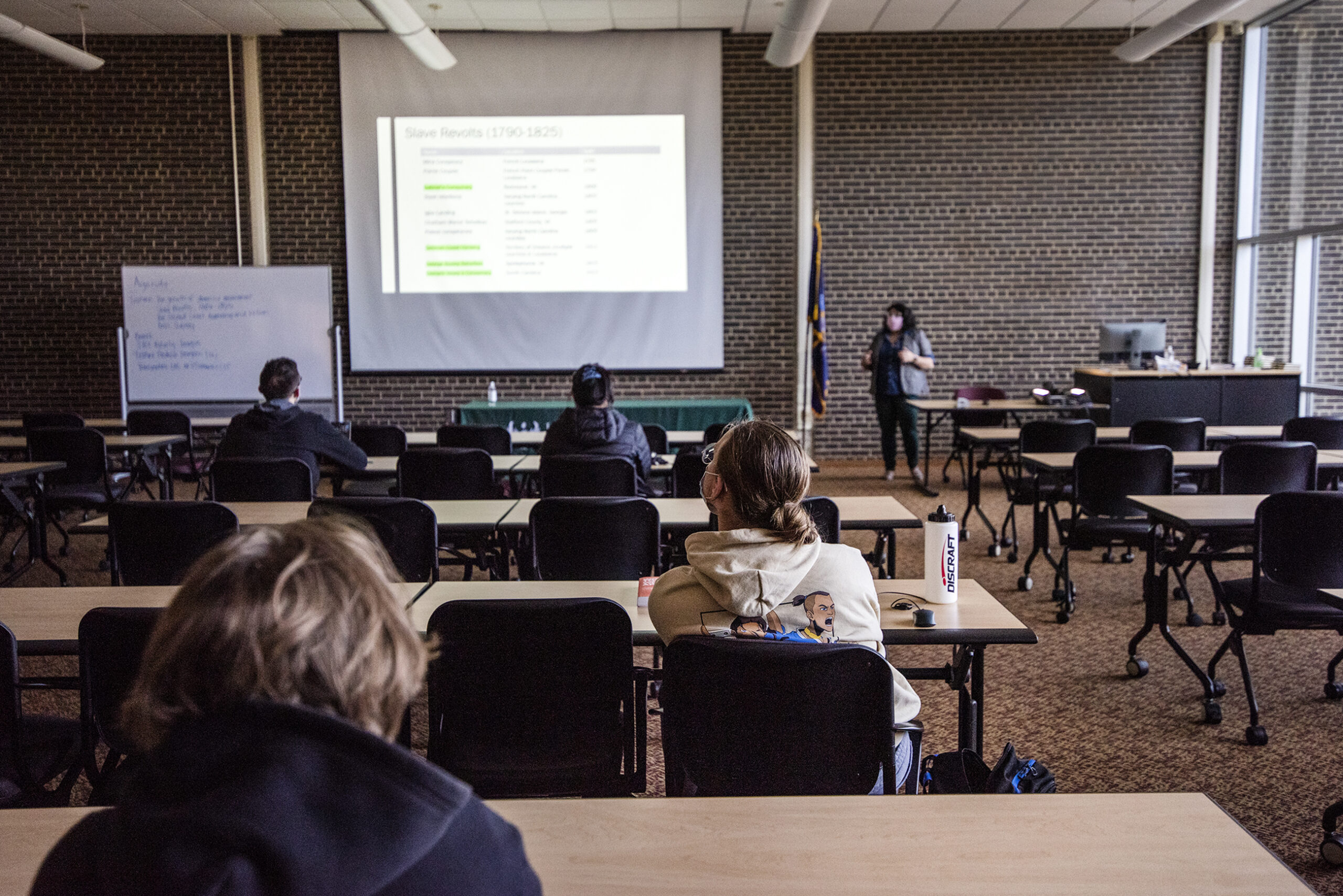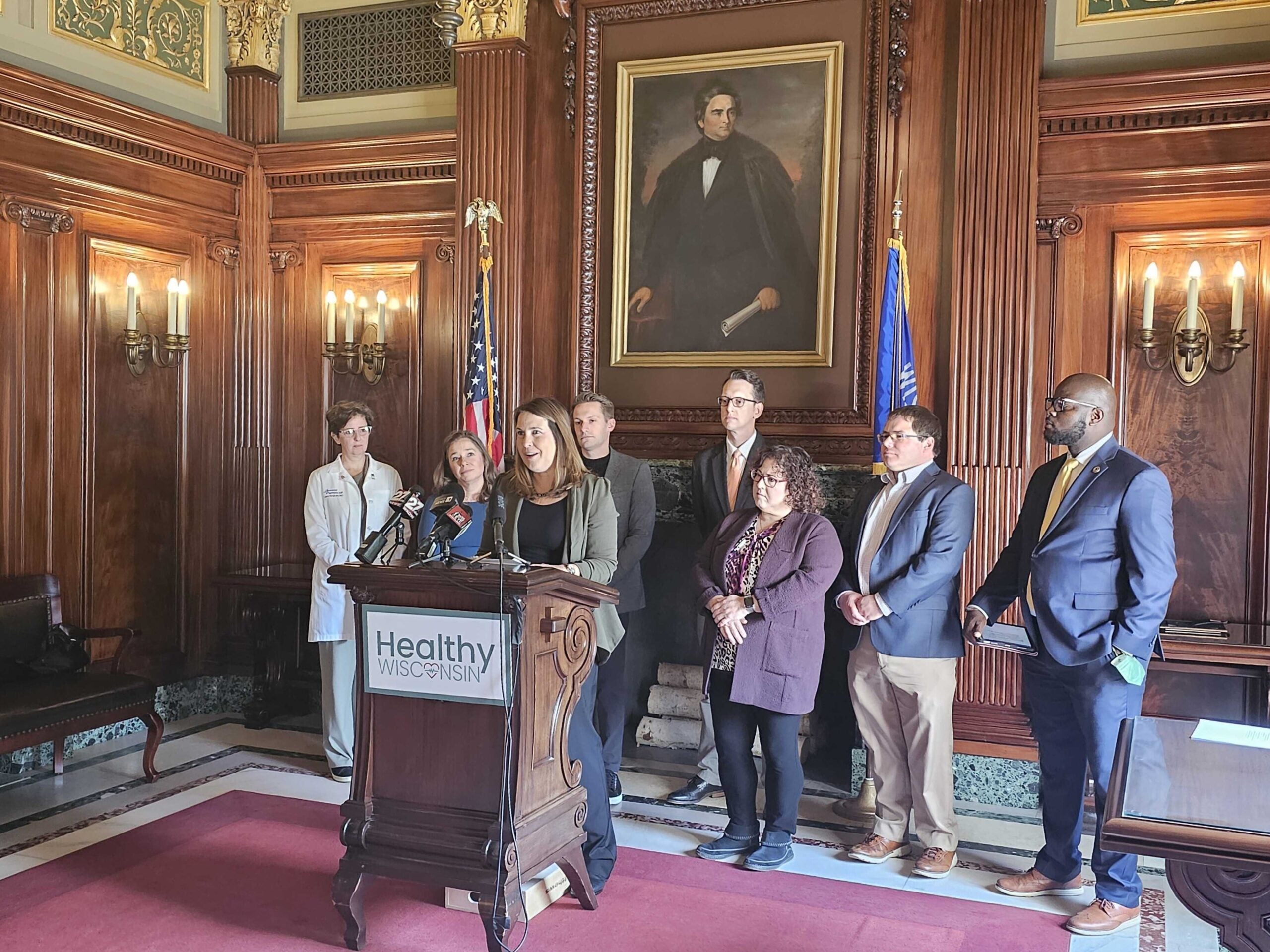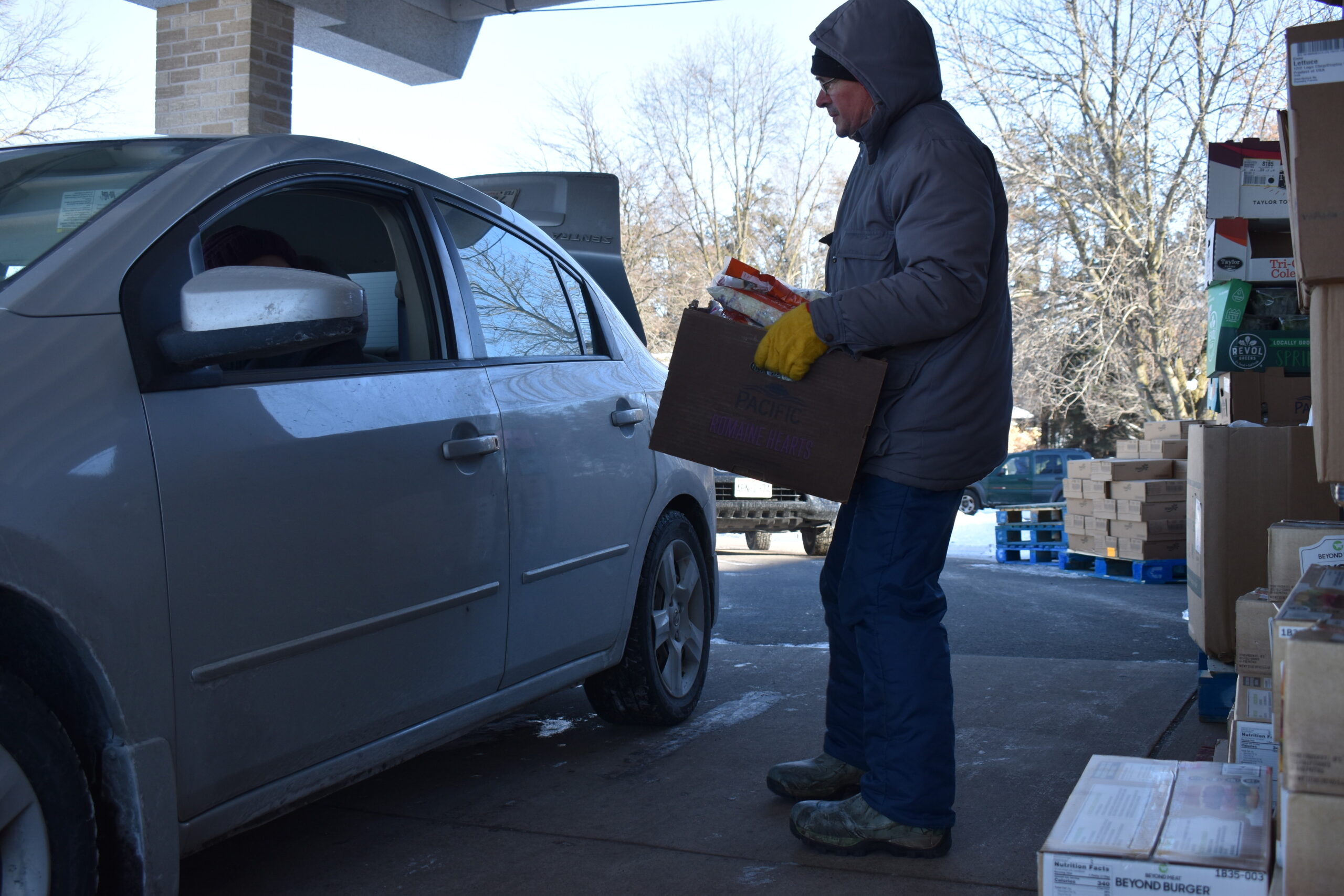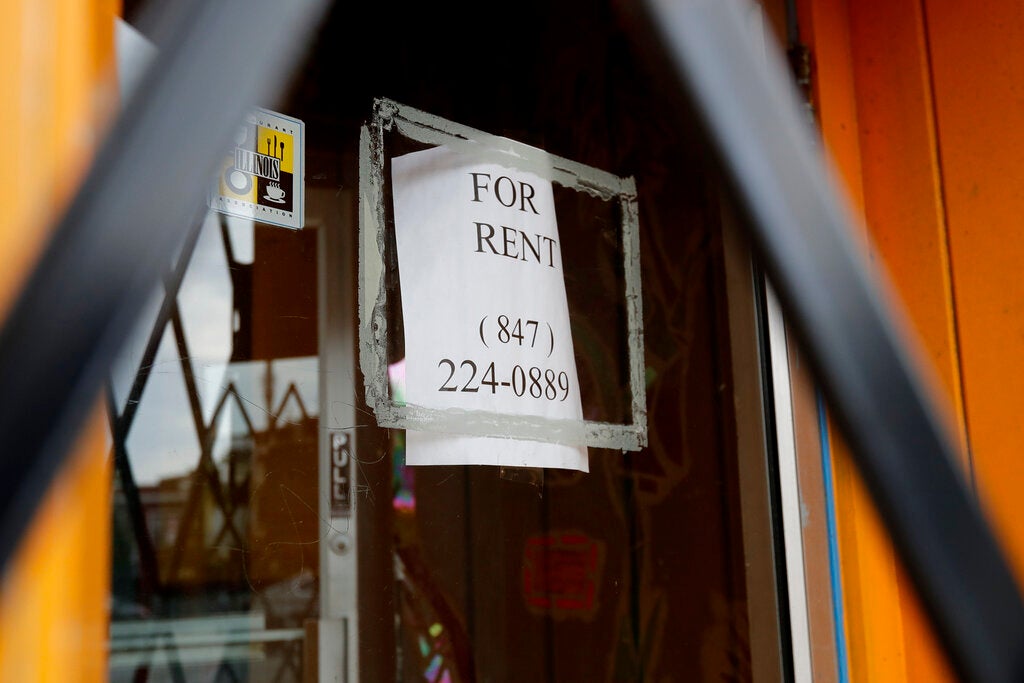A new report on poverty in Wisconsin has found that jobs and wages are up, but pockets of poverty persist in some parts of the state.
The annual report from University of Wisconsin-Madison’s Institute for Research on Poverty finds the state economy is slowly recovering from the recession. Institute director Timothy Smeeding says new jobs created since the recession have replaced about half of the 150,000 jobs the state lost between 2007 and 2009.
“The good news is that for the very first time, statewide poverty is starting to fall because of higher earnings – not because of higher benefits from programs – and that’s what we want to see,” said Smeeding.
Stay informed on the latest news
Sign up for WPR’s email newsletter.
Smeeding says the bad news is that a lot of the jobs that have been created don’t pay a living wage, especially in parts of Milwaukee, Dane and 10 other counties in the northwest corner of the state. Poverty rates in those pockets range from 4 to 30 percent higher than the state as a whole.
He said there are more jobs for people with advanced degrees, but “we’ve not done so well for people with a high school degree or less, and those that are working are working part time at low wages.”
“Until we get more jobs and better jobs and tighten up the labor market, we are going to still need our safety net,” said Smeeding.
That safety net, according to Smeeding, includes the food stamp, or SNAP, program and the earned income tax credit for low-income workers. He says these two programs have worked well in Wisconsin to keep poverty rates lower than they would be otherwise.
“Our state has won awards for getting benefits to people – this is the Snap program – when they needed it, and taking them away when their earnings recover,” said Smeeding. “This is a great program. This is the safety net we need.”
He says the SNAP program has proved especially effective for senior citizens and children.
Wisconsin Public Radio, © Copyright 2024, Board of Regents of the University of Wisconsin System and Wisconsin Educational Communications Board.





